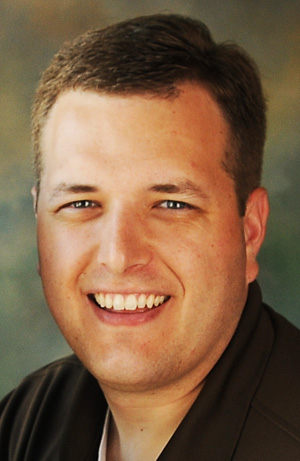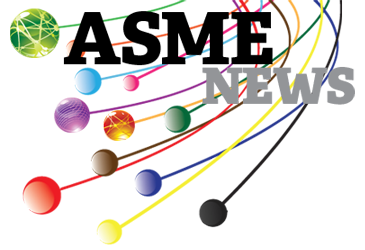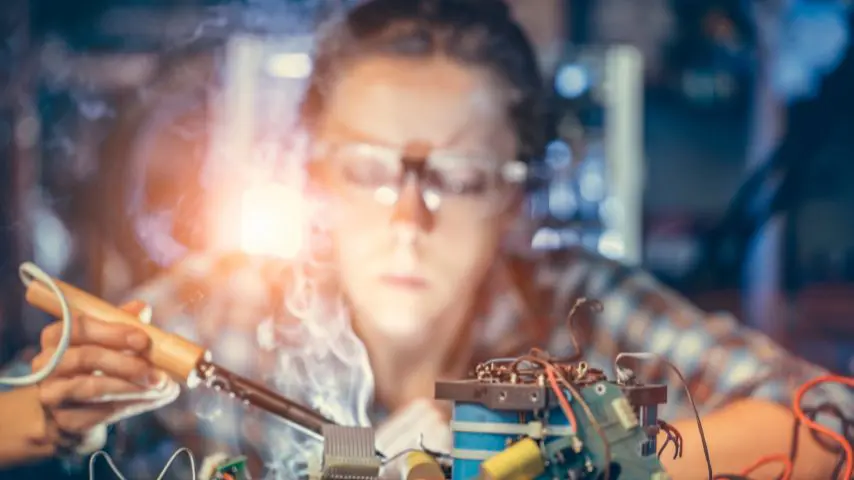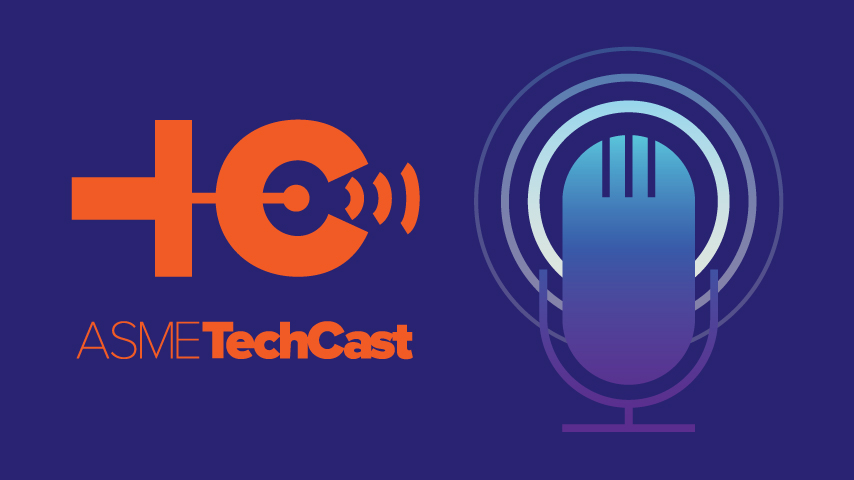My Engineer's Notebook: Aaron Ryan
My Engineer's Notebook: Aaron Ryan

Aaron Ryan is a senior engineer/technical leader in Pella Corp.'s Advanced Product Technology group. The company designs and manufactures several lines of window and doors for residential and commercial projects. In his role, he focuses on researching, testing, designing and manufacturing of their insulating glass and components. Ryan has served as the chair of the Early Career Development Committee as well as a member of the Young Engineering Correspondents Affinity Group. He was the recipient of the 2010 Old Guard Early Career Award. He has been an ASME member since 1999.
What's inside your engineer's notebook?
I have several standards, prints and specifications which I use frequently. I also have my notes from various tests, line trials, machine settings, feedback from plants, and recommendations from vendors. When working on large projects, I will use a specific notebook so I have all the information in one place. This has worked extremely well when getting calls several years after a project. I also keep separate folders on my hard drive and e-mail for large projects.
Whose notebook would you most like to peek into? Why?
In my current company, it would be Bruce Hagemeyer, one of our retired engineers. The last few years he worked for Pella, he was my informal mentor. I would run ideas past him and he would give me encouragement to try them out. Several weeks later I would come back to him and talk through why it didn't work. He would reply, "Yeah, it didn't work for me either when I tried it 20 years ago." He told me he still wanted me to try because there may be some new material or manufacturing capability that would allow me to get it to work where he could not. It would be nice to see all the things he has tried over the years.
How and when did you know you wanted to become an engineer?
Like most engineers, I grew up playing with Legos, erector sets and pipeworks. Although I would build the kit the right way once, I was always modifying it or building something else. When I was older, I was always taking stuff apart learning how things worked. I always enjoyed math and science classes, and was told I would be a good engineer, long before I knew what one was. I chose mechanical engineering because they said it was the hardest program to get accepted to, and you could always transfer out. It wasn't until I had taken several courses and started attending the ASME regional student conferences that I really start understanding all the options mechanical engineering gave you. That is when I knew I had chosen the right major.
 In addition to working as a senior engineer/technical leader at Pella Corp., Ryan also serves as a volunteer paramedic with his local ambulance service.
In addition to working as a senior engineer/technical leader at Pella Corp., Ryan also serves as a volunteer paramedic with his local ambulance service.
What's the most exciting project you've ever worked on?
Several years ago, my manager allowed me to start working on a project — redesigning a sliding door for increased energy, water and structural performance — several months prior to the scheduled start date. I was able to talk with several groups of stakeholders and developed a list of items that would make the product look and perform better. I was able to spend several weeks prototyping and testing the designs. Although the project as a whole was not launched, I was asked to take part of the design to another product platform. I was also awarded my first patent from one of the designs on the project.
What do you think you'd be doing if you hadn't become an engineer?
I would most likely be in full time firefighter/paramedic. My father, grandfather, and uncle were all volunteer firemen and I grew up around the fire station. I took my first emergency medical services course when I was 14, and have continued my education since then. I now volunteer as a paramedic at our local ambulance service. Our service also runs the rescue truck. What better way to brush up on your fluids than cutting apart a car with hydraulic extrication equipment? Like engineering, you are solving problems for people and every situation is different.
What's your favorite activity when you're not working?
When I am not spending time with my family, I usually take a shift on the ambulance service. There is a lot of time dedicated to continuing education and training. I also enjoy working on home improvement projects, hunting, racing, and occasionally tinkering on my 1946 Ford.
Was there a book or a movie that piqued your interest in science or inspired you to become an engineer?
Star Trek, The Next Generation. There was always something about that show that would get me thinking, "What if..."
Who are your heroes, either within the engineering profession or in the rest of your life?
My Dad, he could fix anything — from cars people brought over to have him fix, to the washing machine, electronics and home improvement projects. He was never afraid of tackling a project. He would show me how things worked and how it failed. He had a great work ethic and always willing to help someone out.
What's the most meaningful or rewarding aspect of being connected to engineering?
The thought process that is developed while becoming an engineer. Breaking things down to smaller problems and solving them. I think it also helps you remain calm in stressful situations.
What does ASME mean to you?
It's a career booster. I can directly attribute my job to my participation in ASME. There are many opportunities to build technical and soft skills thorough participation at local, regional or international levels. The networking at events is invaluable. The more you participate, the more benefit you will get.




